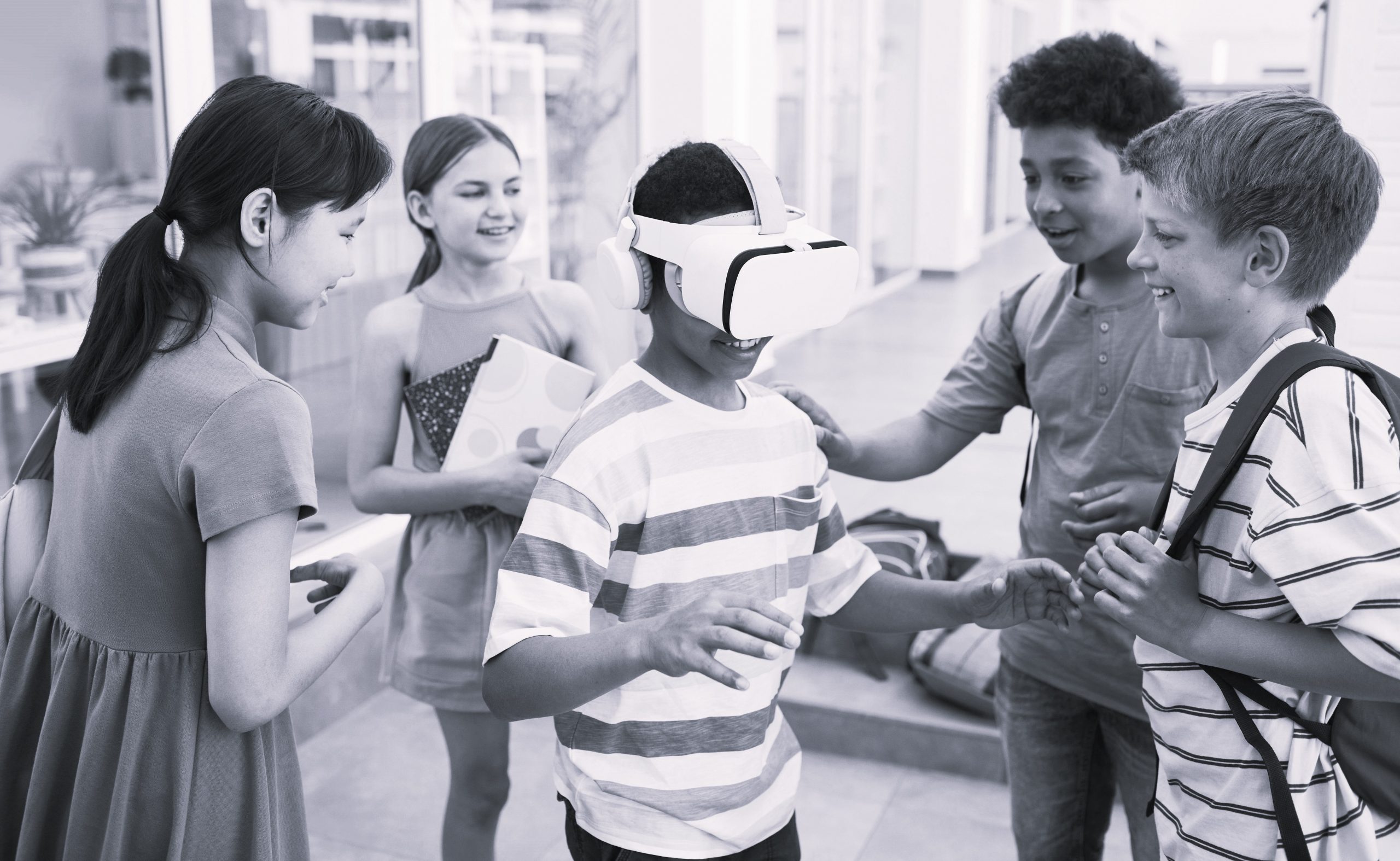As the Communications Manager at The Academy of Real Assets, I have the privilege of coordinating its National Essay Competition. This annual event is a cornerstone of our efforts to increase socioeconomic diversity in the real estate sector. It provides students from across the UK with a platform to express their ideas and showcase their potential. The competition also serves as a bridge, connecting students with leading employers, universities, and the media.
Every academic year, we challenge students to write an essay based on a specific prompt related to the built environment. The 2024 competition prompt, “In 2050, Cities Will Be…”, encouraged students to explore the future of urban environments and how they might be shaped by technological advancements, particularly artificial intelligence (AI). Each essay was an incredible testament to the students’ creativity and critical thinking, providing a glimpse into how the next generation perceives the world they are inheriting.
The Role of AI in Shaping Future Cities
AI was a recurring theme in many of the essays, reflecting the students’ awareness of its growing influence on their lives. Their perspectives ranged from optimistic visions of AI-enhanced cities to cautionary tales about potential pitfalls. The students explored the possibilities of AI in urban planning, transportation, and environmental sustainability, but also voiced concerns about data privacy and job displacement.
What stood out was the maturity with which the students discussed these complex issues. They demonstrated a deep understanding of the potential opportunities and threats presented by AI, highlighting the importance of ethical considerations in its development and implementation.
Insights from the Future
A highlight of the competition was a panel discussion featuring some of the top essayists. The students shared their thoughts on AI and its impact on their futures, providing valuable insights into the concerns and aspirations of their generation. It’s fascinating to consider that this generation of young people has experienced their education against the backdrop of Covid-19, followed by the increasing influence of AI in all aspects of life.
One student, for example, focused on the economic and environmental effects of AI on cities in 2050. They articulated a vision of AI-driven efficiency and sustainability but also warned of the risks of AI malfunctions and data breaches. Another student took a more humanistic approach, emphasising the emotional and social changes that AI might bring about.
The depth of knowledge and vision displayed by these young thinkers was impressive, leaving the audience, which included representatives from leading real estate firms, in awe. Their discussions highlighted the need for a balanced approach to AI, one that maximises its benefits while mitigating its risks.
One of the most rewarding aspects of organising the competition is witnessing the students’ reactions when they see their work published. Each year, we compile the essays into a book and distribute it to over 4,000 schools, employers, universities, and media outlets. This moment of recognition is a significant milestone for many students, marking their first step into the professional world.
The pride and sense of accomplishment they feel are palpable. As one student eloquently put it, “There’s something really special about seeing your name above the page number and knowing that your ideas are out there, being read and considered by others.”
Encouraging Future Leaders
The National Essay Competition is more than just an academic exercise; it is a celebration of youthful vision and potential. By encouraging students to explore and articulate their ideas, we aim to nurture the next generation of leaders in the real estate sector and beyond.
For many participants, the competition is an opportunity to enhance their CVs and make connections with industry professionals. It demonstrates their initiative and commitment to personal growth, qualities that are highly valued by employers.
At The Academy of Real Assets, we are committed to increasing socioeconomic diversity in the real estate sector. The National Essay Competition is a vital part of this mission, providing students from diverse backgrounds with a platform to express their ideas and engage with industry leaders.
By showcasing the talents and perspectives of young people from all walks of life, we hope to inspire a more inclusive and equitable future for the real estate sector. By listening to and learning from the next generation, we can build a future that is not only innovative and sustainable but also inclusive and equitable.




